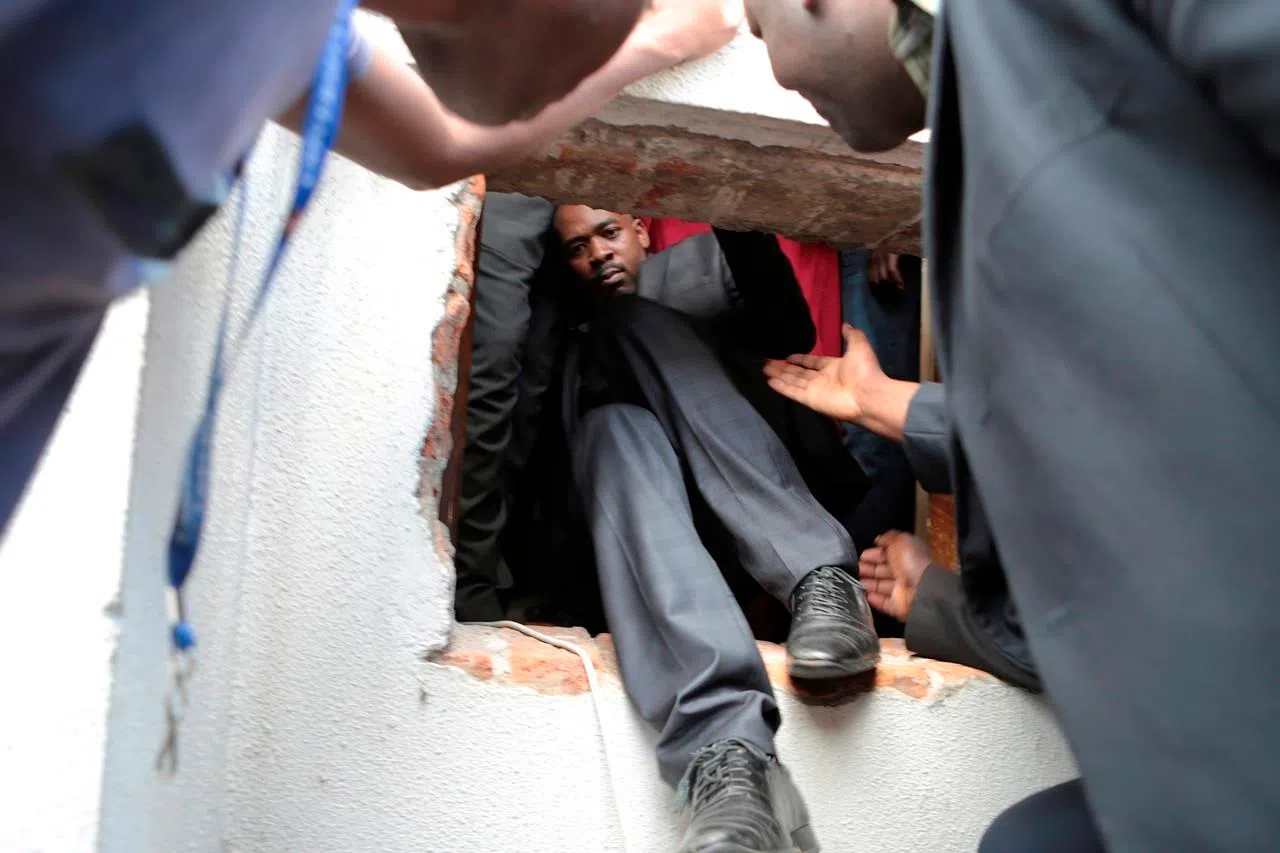
Zimbabwe’s president has clear road to election, few rivals
HARARE, Zimbabwe — As the body of Zimbabwe’s main opposition leader awaits repatriation home for burial, his party already faces nasty power struggles to replace a man praised by both allies and rivals for his tenacious fight for democracy.
That fractured opposition gives President Emmerson Mnangagwa a virtually clear road to winning the first post-Robert Mugabe election in the months ahead.
After the death of Morgan Tsvangirai on Wednesday in neighbouring South Africa after a battle with cancer, three deputies in his Movement for Democratic Change party are vying to succeed him. Tsvangirai had been the MDC-T’s only leader since its formation in 1999.
A day after his death, thousands of mourning supporters gathered outside party headquarters while its leaders met to choose deputy party president Nelson Chamisa, a charismatic 40-year-old, as Tsvangirai’s replacement “for the next 12 months.”
